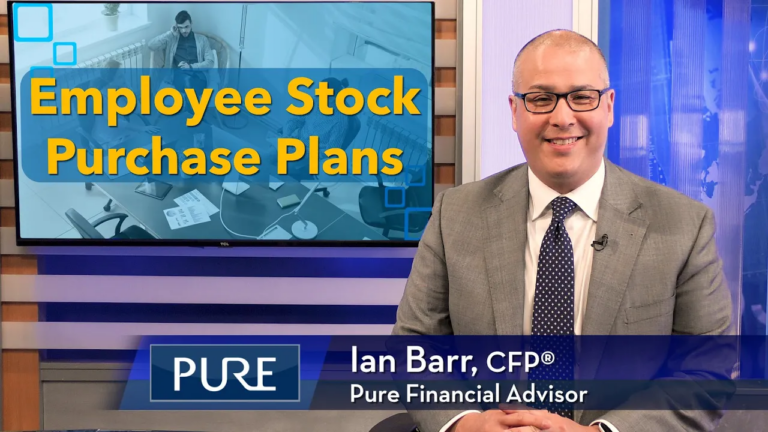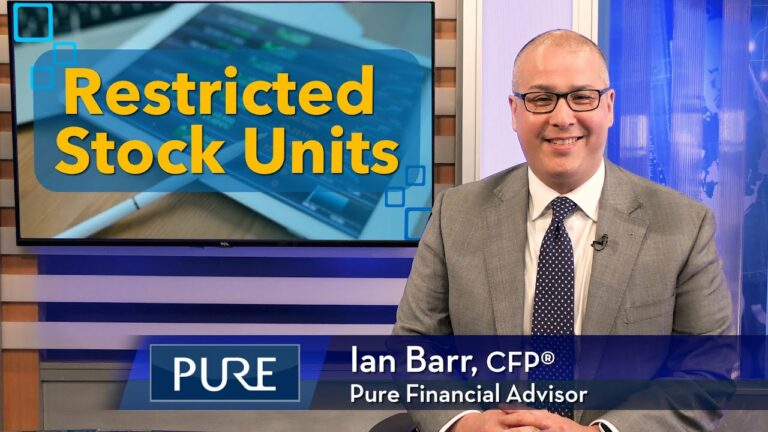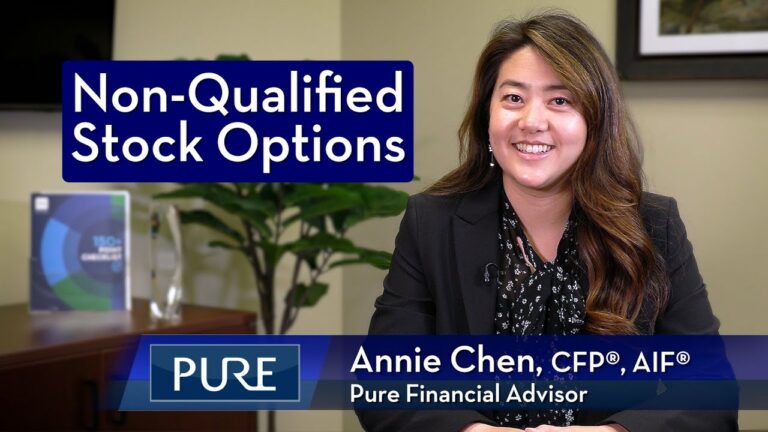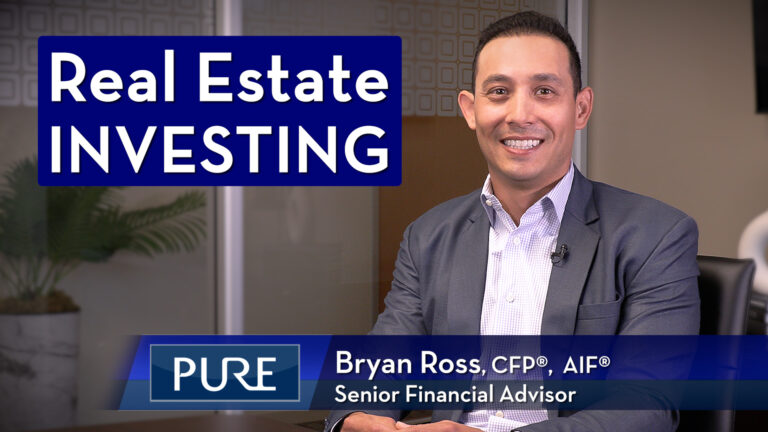A year-end financial planning checklist is a must for understanding your retirement plan, optimizing investments, and reviewing tax strategies. Pure’s Financial Planner, Phillip Chinothai, CFP®, AIF®, discusses five ways to keep you on track:
- Review Your Investment Portfolio
- Maximize Retirement Plan Contributions
- Review Roth Conversions
- Plan for Tax Deductions and Credits
- Update Your Financial Plan
FREE GUIDE | End of Year Tax Strategies
Transcript
As the year draws to a close, it’s crucial to take a moment to review and adjust your financial strategies. Here’s a quick checklist to make sure you’re on track.
Review Your Investment Portfolio
If you haven’t reviewed your portfolio in some time, you may have some positions that have significantly increased or decreased in value over the year. This may be a good time to consider rebalancing your investments. Rebalancing is when you buy and sell investments to get back to your intended asset allocation and risk level. This may also be a good time to harvest tax losses or gains depending on your tax circumstance.
Maximize Retirement Plan Contributions
If you’re still working and have a retirement plan through your employer, you only have a few more paychecks to contribute to those 401k plans. You have until December 31st of the year to make these contributions and they have to be done through your payroll. Now if you haven’t contributed enough to your 401k plan by the end of the year and you still want to save a little more, you do have until April of next year to contribute to an IRA assuming you meet the income requirements.
Review Roth Conversions
A Roth conversion is when you move assets from a pre-tax account, like a traditional IRA or a 401k, into a Roth account. The benefit of this is that once assets are in the Roth account, the funds will grow and compound tax-free and once you distribute the funds, it’ll be tax-free as well. Now if you process a conversion, be careful on how much you convert because you will have to pay tax on this transaction and there is no way to reverse a conversion if you make a mistake. Ideally, you want to convert and pay the tax when you are in a lower tax bracket, but this strategy can make sense in other circumstances as well.
Plan for Tax Deductions and Credits
The end of the year is a good time to strategize on tax deductions. If you itemize and need to lower your taxable income for the year, consider accelerating some deductions like charitable gifts or medical expenses. Also, review potential tax credits that you may be eligible for such as energy efficient home improvements, solar panels, and other items like that to help out your tax bill.
Update Your Financial Plan
As we get closer to the new year, this is usually a time where you reflect on where you’ve been and think about where you want to be. Life changes and you should ensure that your financial plan aligns with your current goals and needs. This can include reviewing your budget to trim unneeded expenses, reevaluating your retirement strategy, saving for short-term, intermediate term, and long-term expenses.
If you don’t have a financial plan, creating one now will ensure that you have a guideline to follow for the future. Year-end planning can significantly impact your financial goals, so take advantage of our free financial assessment to make sure that you’re on track.
Subscribe to our YouTube channel.
IMPORTANT DISCLOSURES:
• Investment Advisory and Financial Planning Services are offered through Pure Financial Advisors, LLC, a Registered Investment Advisor.
• Pure Financial Advisors LLC does not offer tax or legal advice. Consult with your tax advisor or attorney regarding specific situations.
• Opinions expressed are subject to change without notice and are not intended as investment advice or to predict future performance.
• Investing involves risk including the potential loss of principal. No investment strategy can guarantee a profit or protect against loss in periods of declining values.
• All information is believed to be from reliable sources; however, we make no representation as to its completeness or accuracy.
• Intended for educational purposes only and are not intended as individualized advice or a guarantee that you will achieve a desired result. Before implementing any strategies discussed you should consult your tax and financial advisors.
CFP® – The CERTIFIED FINANCIAL PLANNER™ certification is by the Certified Financial Planner Board of Standards, Inc. To attain the right to use the CFP® designation, an individual must satisfactorily fulfill education, experience and ethics requirements as well as pass a comprehensive exam. Thirty hours of continuing education is required every two years to maintain the designation.
AIF® – Accredited Investment Fiduciary designation is administered by the Center for Fiduciary Studies fi360. To receive the AIF Designation, an individual must meet prerequisite criteria, complete a training program, and pass a comprehensive examination. Six hours of continuing education is required annually to maintain the designation.












